“Greatness isn’t a 9-to-5”: AI CEO torches the idea you can work 38 hours and still build a unicorn
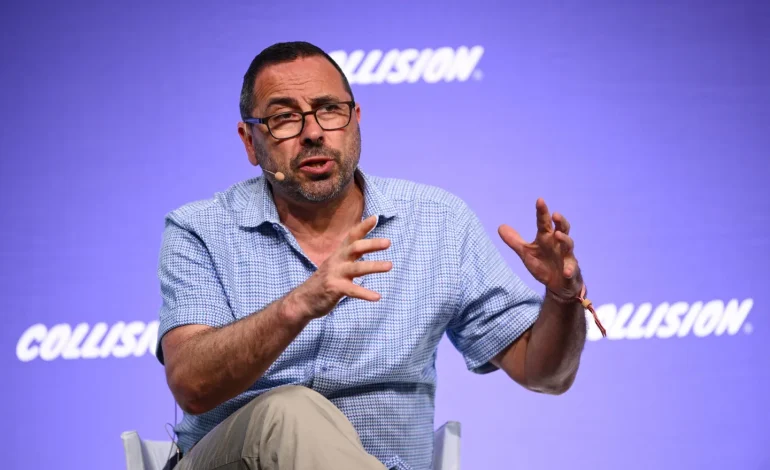
- Published October 13, 2025
The original story by Emma Burleigh for Fortune.
If you’re hoping to climb to the C-suite on a tidy 9-to-5, the bosses of Silicon Valley and Wall Street have a message: dream on. Andrew Feldman, cofounder and CEO of Cerebras — a roughly $8.1 billion AI-chip startup — put it bluntly on the 20VC podcast: the belief that you can “build something extraordinary” on a 38-hour week with perfect work-life balance is “mind-boggling.” In his view, greatness doesn’t clock out.
“The path to build something new out of nothing… isn’t part-time work,” he said. “It’s every waking minute. And of course, there are costs.”
That ethos — call it the modern grindset — cuts hard against a wave of shorter-workweek experiments and Gen Z insistence on boundaries. Feldman isn’t alone, either. From Google’s Sergey Brin praising 60-hour “sweet spot” weeks to Kevin O’Leary’s “forget about balance,” the chieftains keep humming the same tune: if you want to build category-defining products fast, you work more than 40. Zoom’s Eric Yuan has argued there’s “no way” to neatly harmonize work and life at the top. Barack Obama has said excellence often requires periods of single-minded focus. LinkedIn cofounder Reid Hoffman warned founders that binge-watching after hours is a luxury you temporarily surrender if you’re trying to bend the curve.
Even among leaders who reject cartoonish 100-hour marathons, the feedback loop is familiar: ambition expands the workload, and the workload becomes your calendar. Twilio chief Khozema Shipchandler says he gives himself eight hours on Saturdays not to think about work — and hasn’t met many peers who don’t live something similar. Serena Williams, speaking to founders, put it in athlete’s terms: you “show up 28 hours out of 24.” Hyperbole, sure. But the point lands.
Workplace strategists argue it’s less about a magic number and more about intent. The people who rise quickly take the extra lap — shipping the fix at 10 p.m., jumping on the messy call, finishing the memo no one assigned. As recruiter Dan Kaplan puts it, the lesson for hungry talent isn’t “hit 60,” it’s “go until the work is actually done.”
None of this means a 40-hour professional can’t have a great life or a great career. Feldman even says so. Plenty of people choose balance and still do meaningful work. But the folks trying to conjure the next unicorn out of thin air are wagering that balance comes later — after product-market fit, after the Series C, after the market share grab. They’re betting intensity now buys options later.
That’s the unglamorous truth beneath the pep talks and podcast clips. Building something truly new is chaotic, lumpy, and often all-consuming. You can argue with the philosophy. You can question the toll. But if you’re aiming to sprint past the pack in the most competitive corners of tech and finance, the people already there say the job description reads the same: this is not a part-time sport.
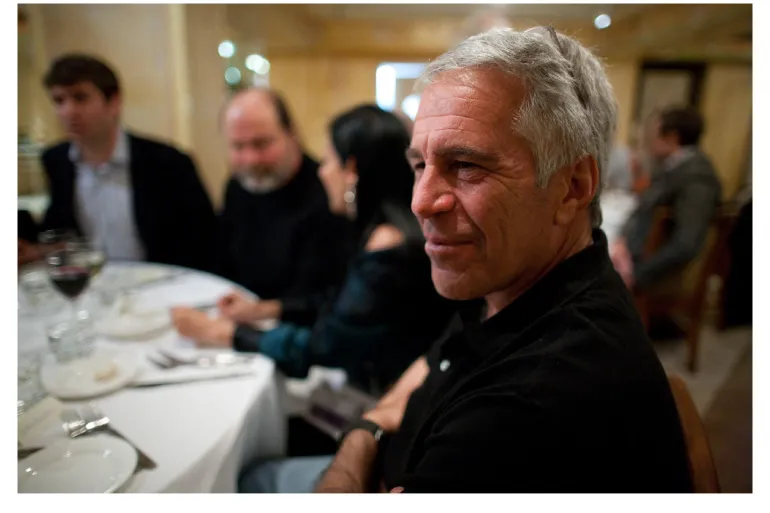
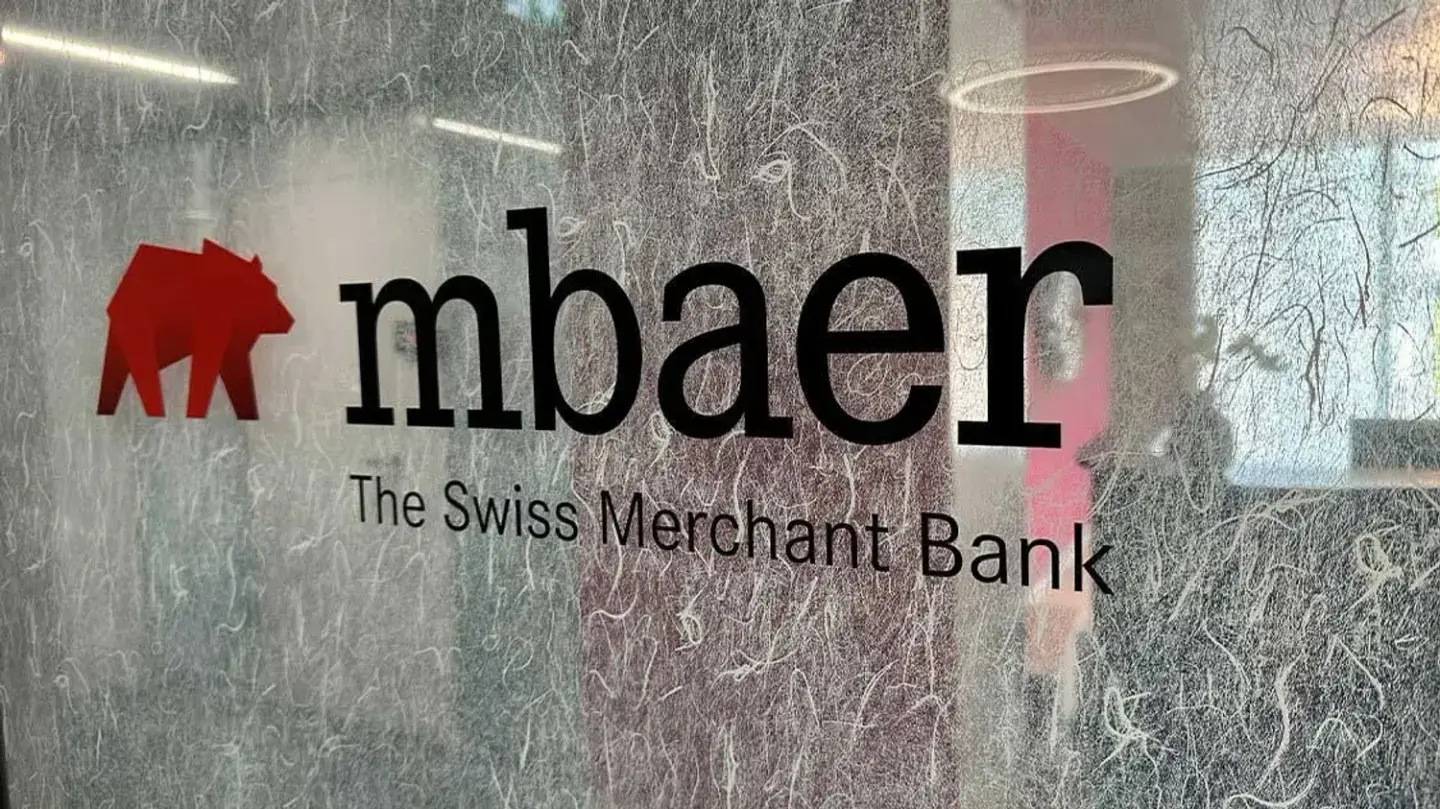
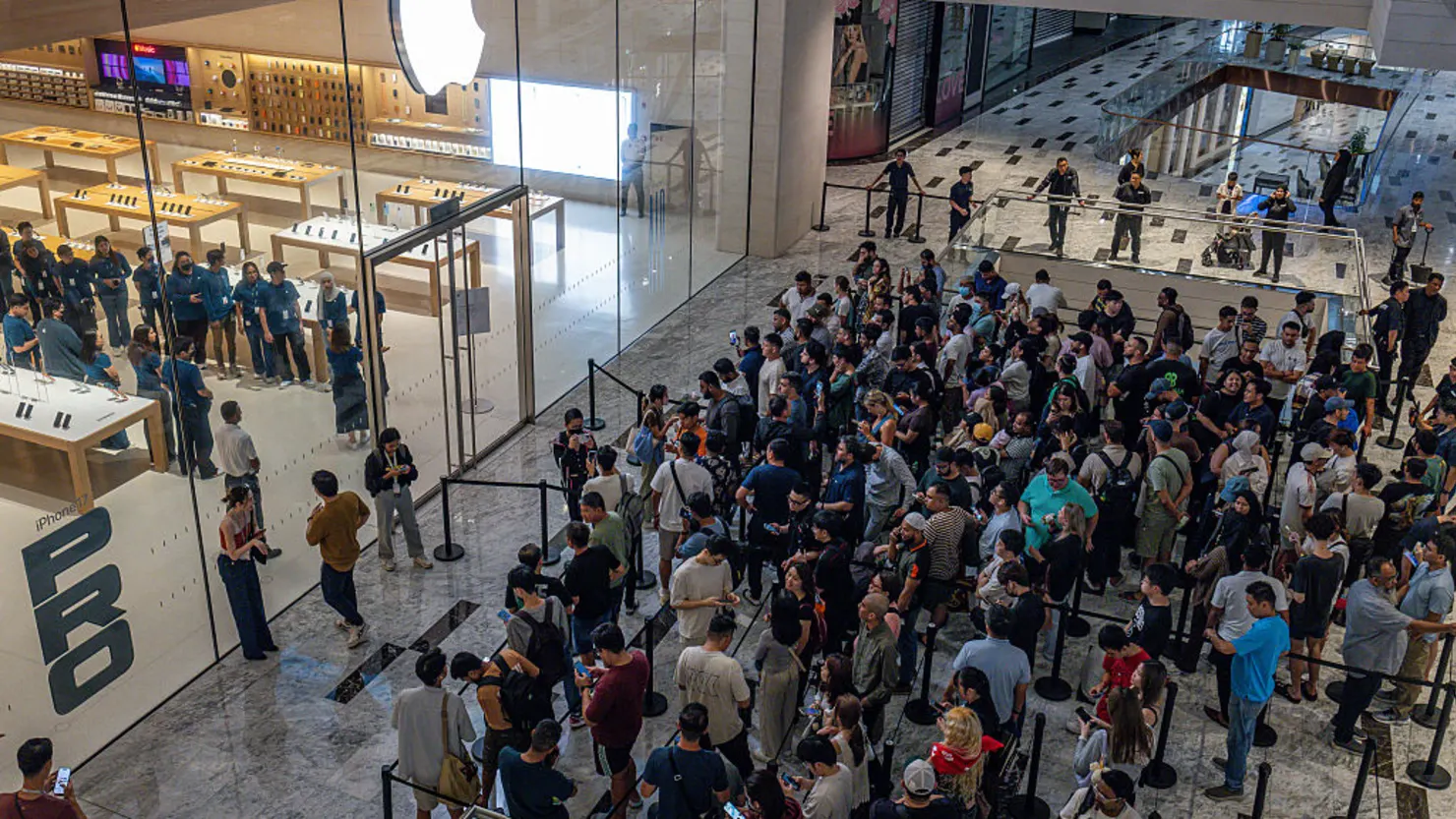
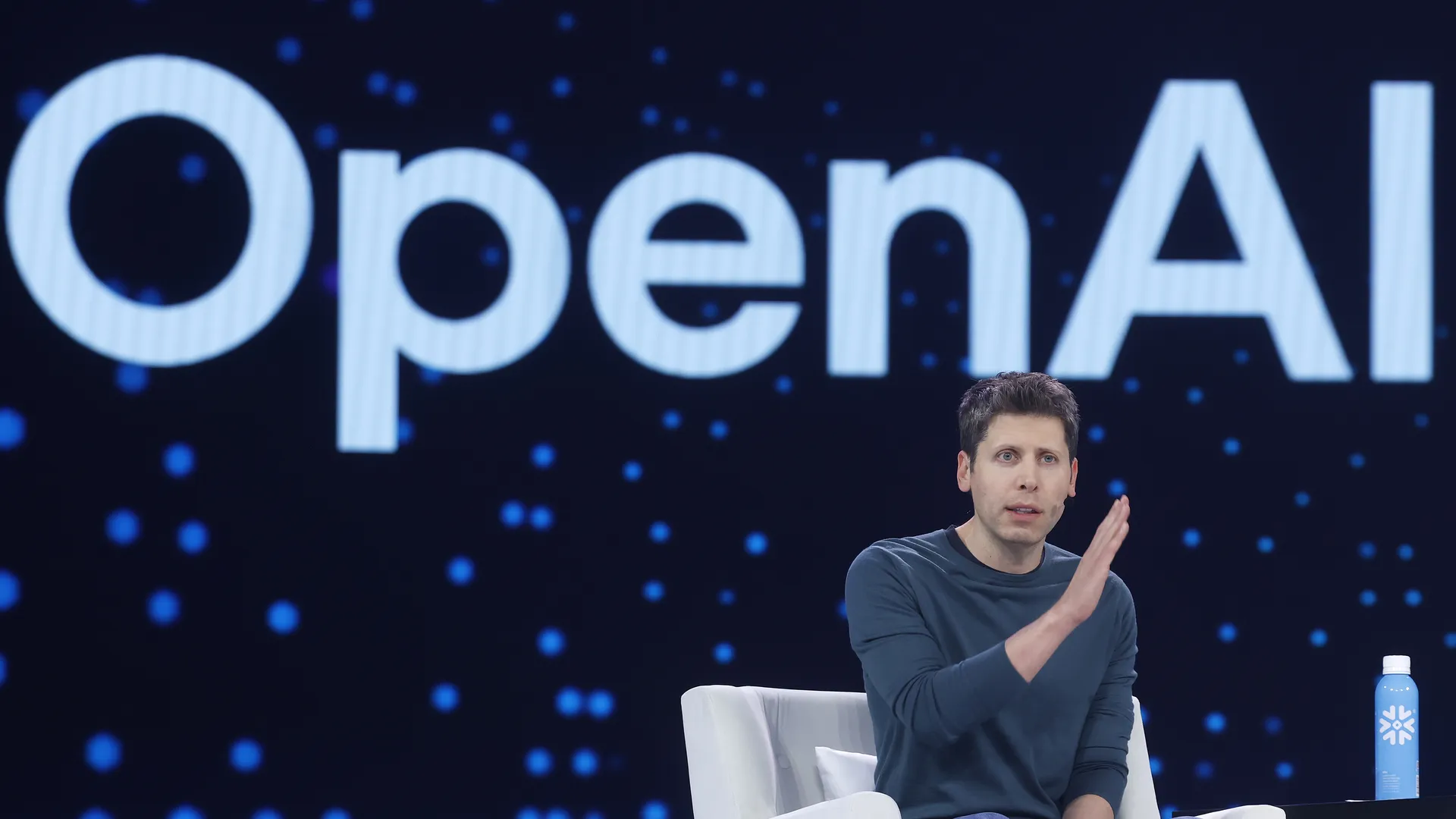





The latest news in your social feeds
Subscribe to our social media platforms to stay tuned